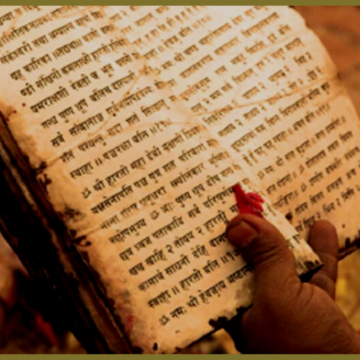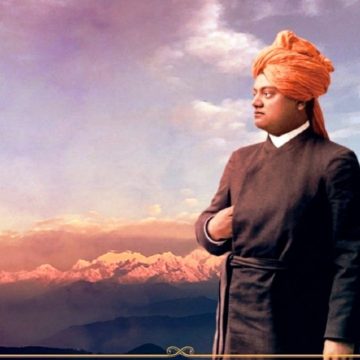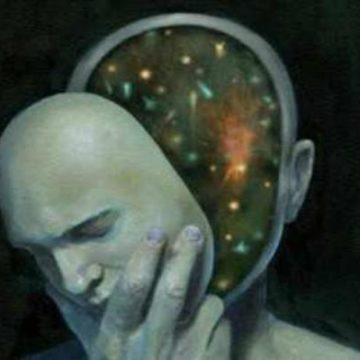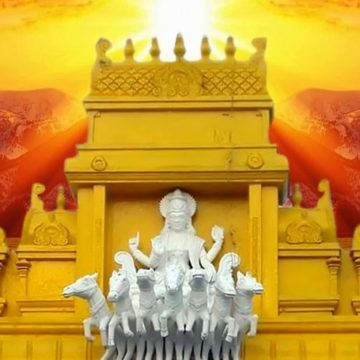It is one of the strangest ironies that, despite being an intricate part of our daily lives, we do not have any theory explaining Varna, Jati, and Kula. It is also not clear whether caste, understood as a class system, can be the foundation for understanding the complex arrangement of Varnas and Jatis in Indian society. One of the biggest sources of contradictory strands is the issue of whether Varna is by birth or not.
Chittaranjan Naik concludes that birth is not the cause of Varna, as popularly understood; it is the identifier.
Tag: <span>vedanta</span>
Philosophical Systems Of India – A Primer – Part 5
The problems in Western philosophical traditions arise due to many factors, mainly the confusion of the relation between mind and matter; and making philosophy subservient to scientific dogma. Indian philosophy is not a dry intellectual exercise and holds a definite purpose to propel humans into the highest realms of bliss. Indian and Western philosophical traditions run on two parallel tracks consequently.
Philosophical Systems Of India – A Primer – Part 4
In the fourth part of the 5-part series on Indian philosophical systems, Dr. Pingali Gopal discusses the prominent Advaitic view on the notions of the Self and the non-Self. We shall also see the notion of cause and effect in the material world and how the Self interacts with the material world. It is a promise of Indian Darshanas that proper knowledge confers liberation to the striving individual.
Philosophical Systems Of India – A Primer – Part 3
In the third part of the 5-part series on Indian philosophical systems, Dr. Pingali Gopal discusses the most important differing point of Indian philosophies from Western philosophy: Perception as a valid means of obtaining knowledge regarding the objects of the senses. In Western philosophy, perception is unreliable, and in the Indian tradition, perception is the eldest of the proofs needed to understand reality.
Unlike the western notions of an unknowable noumenon where the perceived world loses its intrinsic character, in Indian philosophy a conceived object cannot be unknowable; and if unknowable, it becomes inconceivable as well.
APAURUSHEYATVA OF THE VEDAS- Part 4
Exploring the idea of apaurusheyatva of the Vedas.
APAURUSHEYATAVA OF THE VEDAS- Part 3
Exploring the idea of apaurusheyatva of the Vedas.
APAURUSHEYATVA OF THE VEDAS: Part 2
Exploring the idea of apaurusheyatva of the Vedas.
Vivekananda’s Teachings on Character-Building
Vivekananda propounded ‘man-making education’ which involves the harmonious development of the body, mind and soul.
The fatuity of hubris: who art thou?
The identification with the ego in terms of accomplishments and possessions serves no real purpose.
Arasavalli Suryanarayana Temple – Part 1
As control of Hindu temples by the government gets more widespread, temple priests find it harder and harder to continue their ancestral occupation.






